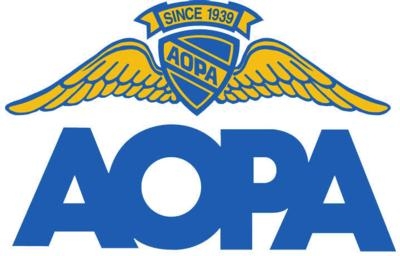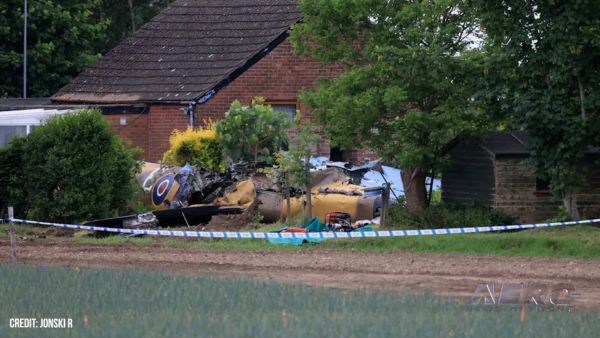The Exemption From A 3rd Class FAA Medical Certificate Has Been Modified In The Pilot's Bill Of Rights 2
The purpose of this column is not to detail the changes that occurred but to talk about why they have occurred and to point out that history has repeated itself. Some readers are accepting the changes as something that’s necessary, while others are going to fight it to the death. Whichever side you’re on, it’s coming down to whether or not we win the war by taking some calculated losses.

EAA published a statement that reads, “We’ll be up front with you: EAA and AOPA fully support Pilot’s Bill of Rights 2 including these modifications. For more than 25 years, our two organizations have been pushing for aeromedical reform. Our most recent exemption request was made in 2012 and was much less expansive than the bill as it now stands, but it did not gain the traction needed for approval. We are further along the road to substantive aeromedical reform than at any time in history.”
When the recreational pilot certificate was created in 1991, it was with the intent that a third class medical certificate would not be required. For that reason, the original recreational pilot certification rules were rather restrictive. AOPA, in particular, fought hard to keep the third class medical away from the recreational pilot requirement, but they were not able to pull it off. For that reason, recreational pilot still hangs around today…mostly unused.
By the mid-1990s a Rulemaking Committee had been formed to find another way to move people out of ultralights and into a simpler pilot certificate. The recreational pilot certificate didn’t work, so a new pilot certificate had to be created. This is what became the sport pilot certificate.

By 2004, everyone was pushing hard to finally get sport pilot into the system. The big plan was to announce it at the EAA Oshkosh Convention that year, but only a couple of months before the convention things went wrong. Agencies within the government that had to make the final approval of the sport pilot certificate balked at allowing a pilot to be certified after having been identified by the FAA as medically unfit. At the last minute, the change in the sport pilot regulation was made to prevent a pilot from operating under sport pilot privileges if their medical had been previously suspended or revoked.
When the sport pilot rules finally hit, this caveat to operating without a medical certificate was a hard pill to swallow. However, it was through this compromise that sport pilot is alive today. It is the sport pilot certificate, and its success, that have led to changes that are occurring now.
History is repeating itself. It’s plain to see that the FAA, and Congress, is not going to place itself in a position of having pilots flying almost any aircraft without some sort of medical fitness baseline and some sort of published guidance towards continued medical fitness.
Remember, the new wording has no effect on the rules for exercising sport pilot privileges. The sport pilot rules still offer a way to enjoy the privileges of recreational flying with the most minimum possible medical requirements.
All is not lost, it’s just a new beginning.
 ANN FAQ: Contributing To Aero-TV
ANN FAQ: Contributing To Aero-TV ANN's Daily Aero-Linx (05.29.24)
ANN's Daily Aero-Linx (05.29.24) ANN's Daily Aero-Term (05.29.24): NORDO (No Radio)
ANN's Daily Aero-Term (05.29.24): NORDO (No Radio) Airborne 05.28.24: Jump Plane Down, Starship's 4th, Vision Jet Problems
Airborne 05.28.24: Jump Plane Down, Starship's 4th, Vision Jet Problems ANN's Daily Aero-Term (05.30.24): Beyond Visual Line Of Sight (BVLOS)
ANN's Daily Aero-Term (05.30.24): Beyond Visual Line Of Sight (BVLOS)




